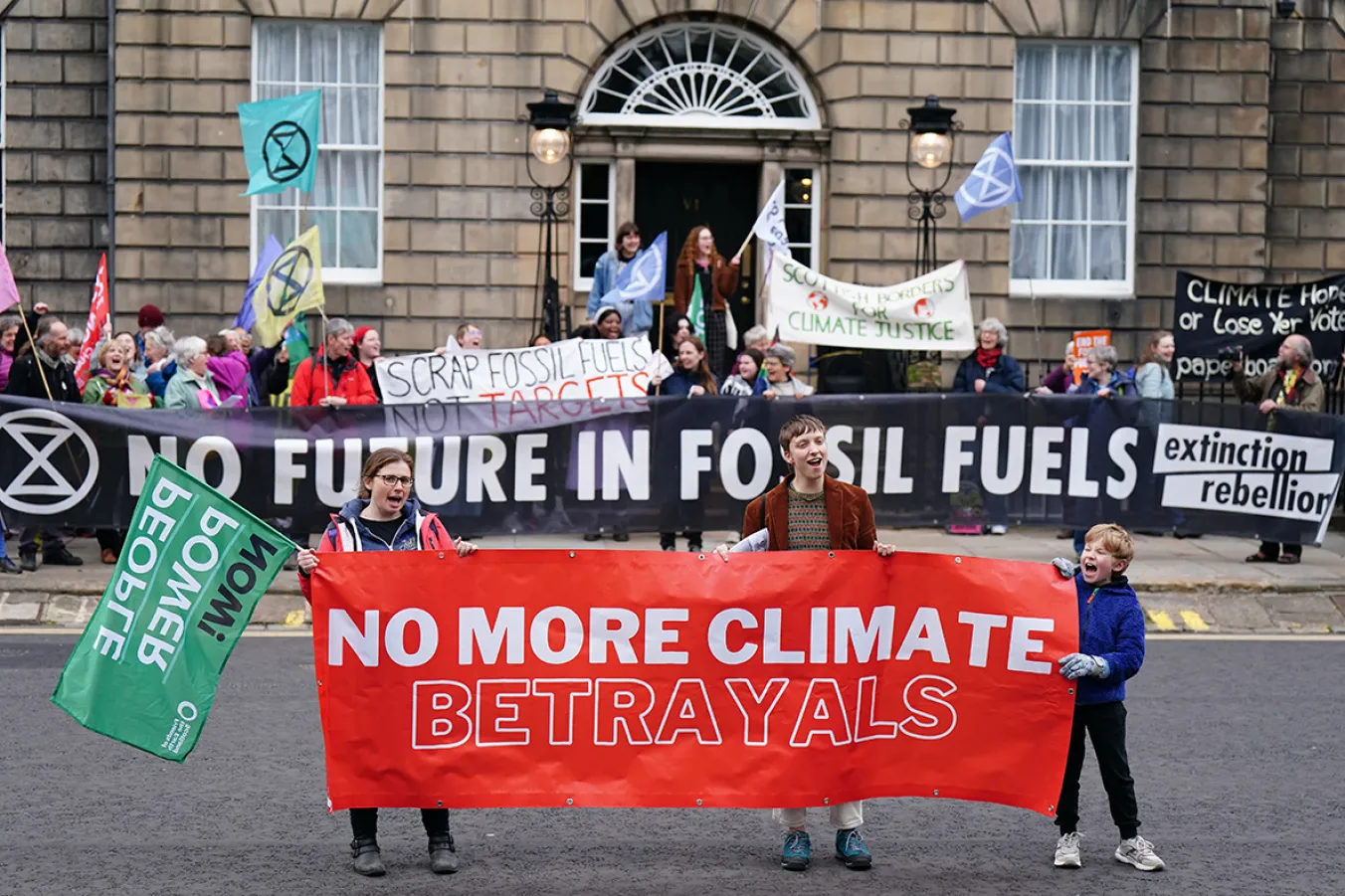
“DEGROWTH” refers to arguments advocating a reduction in human production and consumption. Proponents of degrowth argue that the current focus on economic growth as an indicator of social prosperity leads to the depletion of living and mineral resources, to pollution of air, land sea, loss of species and the degradation of ecosystems as well as to gross social inequality.
The concept challenges the prevailing idea of continuous economic growth as a primary objective: it questions the sustainability of perpetual expansion on a finite planet.
It is as relevant today as ever given Labour’s threadbare Partnership with Business for Growth manifesto, abandonment of its earlier commitments to a “green transformation” and repeated declarations that “growth” is the only way of funding even its limited proposals for sustaining or improving public services.


















